Social media bots are AI-based accounts that can imitate human behavior on different social media platforms. Sometimes, their activity is so similar to a human account that you can’t tell the difference. These accounts can like, share, retweet, or comment on social media platforms. They can affect people’s opinions and beliefs by spreading wrong information and sharing their particular stories and narratives.
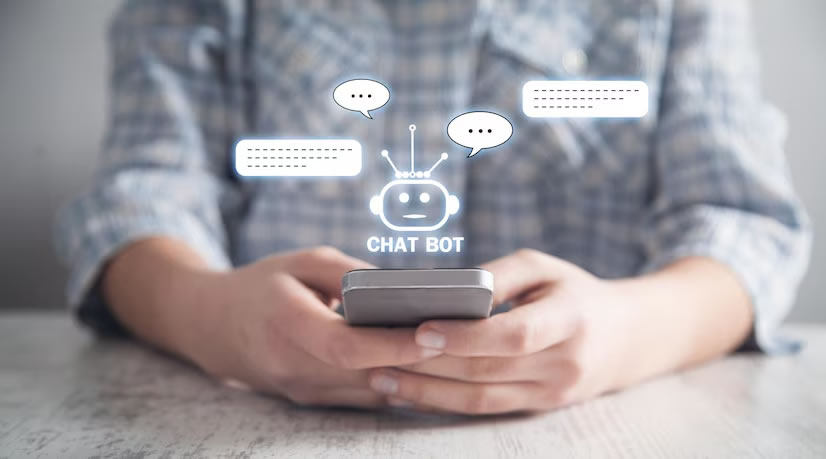
Understanding social media bots
Social media bots can significantly affect public opinion. As artificial intelligence improves daily, it becomes more brilliant, so it is sometimes impossible to differentiate them from authentic accounts. Due to their designs and work purposes, social media bots have multiple functions. Some are designed to broadcast information or affect public opinion. Understanding the influence of these bots, specifically in political campaigns, is crucial.
Definition and function of social media bot
The primary goal of social media bots is to accomplish particular tasks on social media platforms based on the program designed for them. They perform their duties by finding social media accounts. These bots use AI algorithms to communicate with users, as they can copy human behavior by commenting, sharing, and liking posts and represent themselves as authentic accounts. Organizations, individuals, or political campaigns can use social media bots to spread their message, manipulate public opinion, and create online interactions.
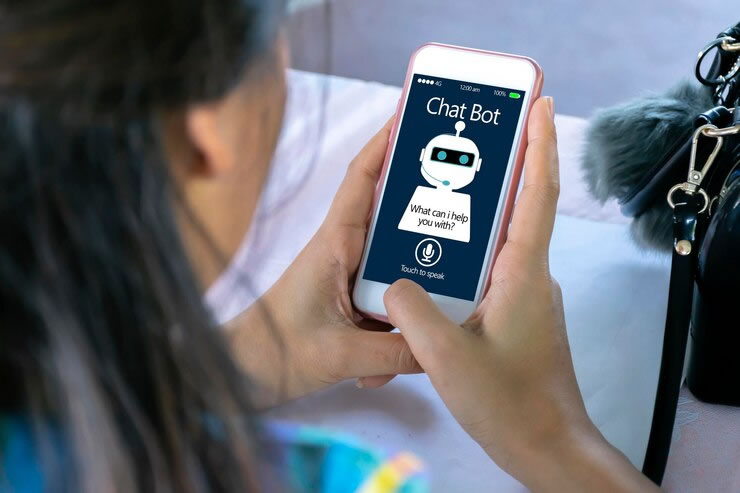
The role of social media bots in political campaigns
Social media definitely impacts political campaigns, leading to public opinion manipulation and the spread of misinformation. Bots have been used in some elections in the past and affected the vibe and even people’s decisions during the election. Social media bots’ main target is particularly political events, such as presidential elections, to influence public opinion.
On the other hand, some influencers who are active in political campaigns and have an influential role in this field with already-known social media accounts can buy organic accounts from platforms such as Social Tradia to reach out to more people and authentically influence them. Such platforms provide accounts with real followers, which can build an opportunity for political influencers to create online communities with real engagement that can build trust and lead to the spread of accurate information instead of fake ones.
Historical instances of bot influence on political campaigns
As a real-life example, we can discuss the 2016 United States presidential election, during which bots were used to support or diminish candidates. For Instance, Donald Trump was one of the main targets of social media bots that spread misinformation and shared stories about him. Social media bots can spread disruptive content, fake news, or conspiracy theories, which can impact people’s decisions and viewpoints about a candidate.
In addition, bots can create fake trends and hashtags to spread specific political messages until they become viral among social media users. Bots can spread fake or disrupted news about campaigns, candidates, and the voting process to influence voters’ decisions.
Tactics Used by Bots to Influence Public Opinion
Social media bots use different methods to affect public opinion and create online interactions. Some of these methods are as follows:
● Retweeting and sharing: Bots can retweet and share news, content, and articles to spread specific stories and make them more visible and accessible to users.
● Creating fake accounts: Bots can create fake accounts to share fake news, misinformation, and conspiracy theories. They usually represent themselves as real users.
● Targeting influential users: Bots mainly target powerful or prominent users, participate in their content, and interact with them to spread their message more widely.
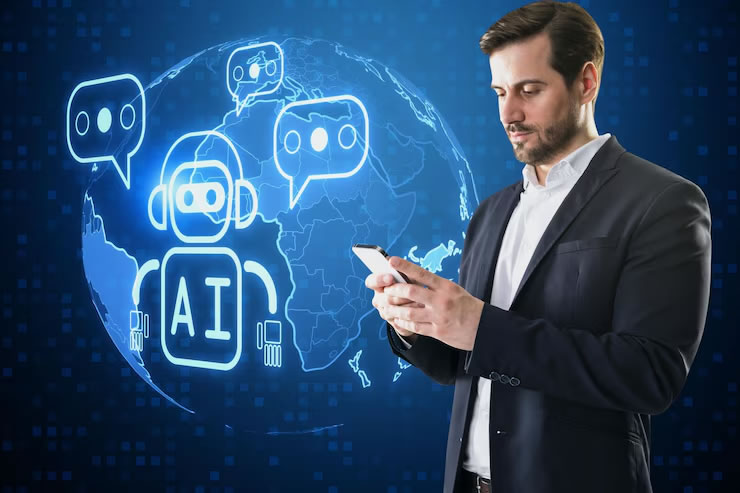
The process of misinformation spread by bots
If you want to overcome bots' negative effects on public opinion, you should understand the steps for creating bots and the process of spreading misinformation. Bots use particular algorithms to create fake news that is not supported by any reliable source or reference. Bots’ news and stories usually target vulnerable audiences and manipulate their beliefs and opinions.
How bots create and disseminate fake news
Bots use social media platforms and choose vulnerable users who might have already received some manipulated information. As a result, bots play a vital role in creating and spreading fake news. This process usually involves the following steps:
● Generating fake news: Bots use algorithms to create fake news and stories and try to exaggerate important events, conspiracy theories, and disputable topics. These stories can provoke people’s emotions and affect their beliefs.
● Targeting vulnerable audiences: Bots search for and identify individuals or users more attracted to fake news and possibly share it. They analyze information such as user activity and interests to target users who fit this profile.
● Amplifying fake news: Bots can simultaneously share fake news across different social media platforms. This organized process can give users the wrong idea that the shared news about a specific story is accurate.
Role of bot networks in amplifying misinformation
Bots are vital in spreading misinformation, so it is difficult and sometimes even impossible to prevent the dissemination of fake information. These bots are connected internally and work with synchronized tasks to manipulate public opinion. Bots’ leading roles in spreading misinformation are as follows:
● Targeting specific demographics: Bots can target particular demographic groups of users and feed them fake information aligned with their interests. These bots use social media and machine learning to find users more open to accepting fake information.
● Expanding the reach of false information: Bots can help the process of spreading and reachability of fake news by increasing engagement within a post by likes, comments, shares, and retweets.
● Manipulation of information flow: Bots can intervene in the course of information by surrounding social media platforms with misinformation, such as different articles or interviews, which makes it more challenging for users to find authentic and reliable sources.
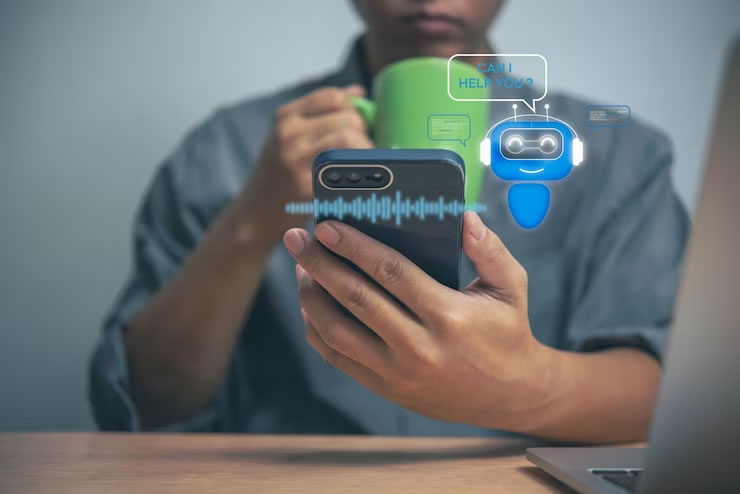
Influencing public opinion through social media bots
Social media bots use social media platforms to share fake news, manipulate information, and build fake trends that can go viral among all social media platforms. It is essential to have enough knowledge and study the psychology behind people’s belief in fake news to eventually understand bots’ impact on public opinion.
The psychology behind belief in misinformation
Belief is misinformation caused by social media bots can be affected by different psychological elements such as
● Emotional appeals: Many campaigns spread fake information by appealing to emotions to affect an individual’s beliefs and principles. These campaigns create stories that induce feelings, such as anger, fear, or empathy, which can change people’s beliefs about specific events.
● Trust in information sources: Trusting traditional media or social media platforms can make people more vulnerable to misinformation. People who usually have less trust in news channels may rely on other less reliable sources, such as social media platforms run by social media bots.
● Critical thinking skills: The most crucial skill for not falling into the misinformation trap and identifying them is to be a vital thinker and evaluate information before sharing it. Critical thinkers typically investigate the source and its authenticity instead of believing it, no question asked.
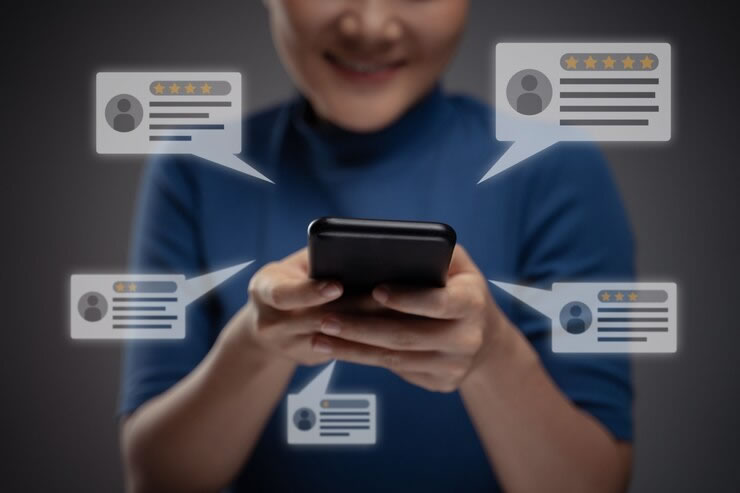
Minimizing the impact of social media bots
People should be aware of bot methods so they can recognize and avoid bot accounts, which can eventually reduce the impact of social media bots. On the other hand, social media platforms should use severe policies and work with experts to enhance different bot detection strategies.
Strategies for individuals to identify and ignore bot accounts
People can use various strategies to recognize and avoid bot accounts on social media platforms:
● Verifying account authenticity: Users should check if an account is authentic. Some signs of a genuine account are clear profile information, activity history, and user interaction.
● Educating oneself: Users should familiarize themselves with bot accounts’ descriptions and learn bot identification methods to improve their detection skills. This will help them identify bot accounts more easily.
● Reporting suspicious accounts: Users should report suspicious accounts to social media platforms to improve bot detection strategies and minimize their effect on public opinion.
Measures being taken by social media platforms
Social media platforms are taking crucial actions to reduce the impact of bot accounts and stop the spread of fake information. Some of their actions are as follows:
● Enhanced bot detection mechanisms: Social media platforms use machine learning and data analysis to recognize and mitigate bot accounts by investing in the leading bot detection strategies.
● Stricter policies: Social media platforms use more severe policies for using bots, especially for vicious activities such as spreading fake news, sharing disruptive content, and participating in systematized campaigns.
● Continuous monitoring and updates: Social media platforms constantly supervise bot activity, update algorithms required for their detection, and track real-time data to stay ahead of bot accounts.
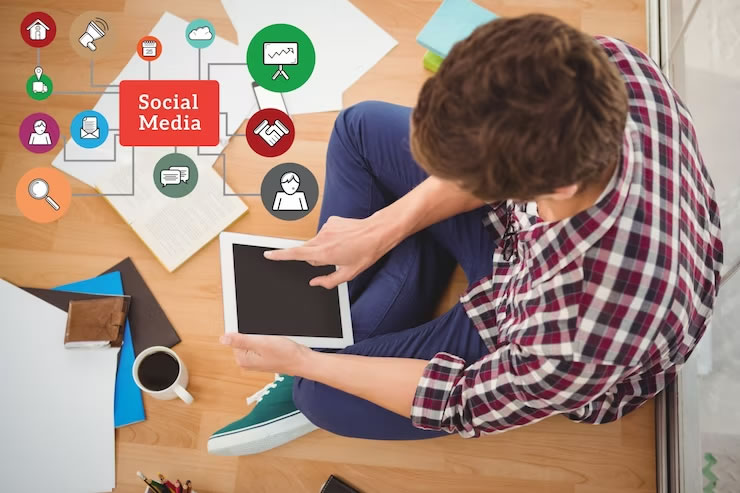
Conclusion
The effect of social media bots on political campaigns is undeniable. They have a crucial role in spreading fake news and sharing misinformation to influence public opinion, which has raised many concerns over the past few years. People should be able to recognize and avoid bot accounts to decrease their influence. Moreover, social media platforms are implementing stricter measures and more severe policies to address this issue in the future.
As we move forward, the progress in both technology and the implementation of new policies can protect the integrity of future elections. More emphasis should be placed on raising awareness among users about managing social media bot’s issues in social and political contexts.
































